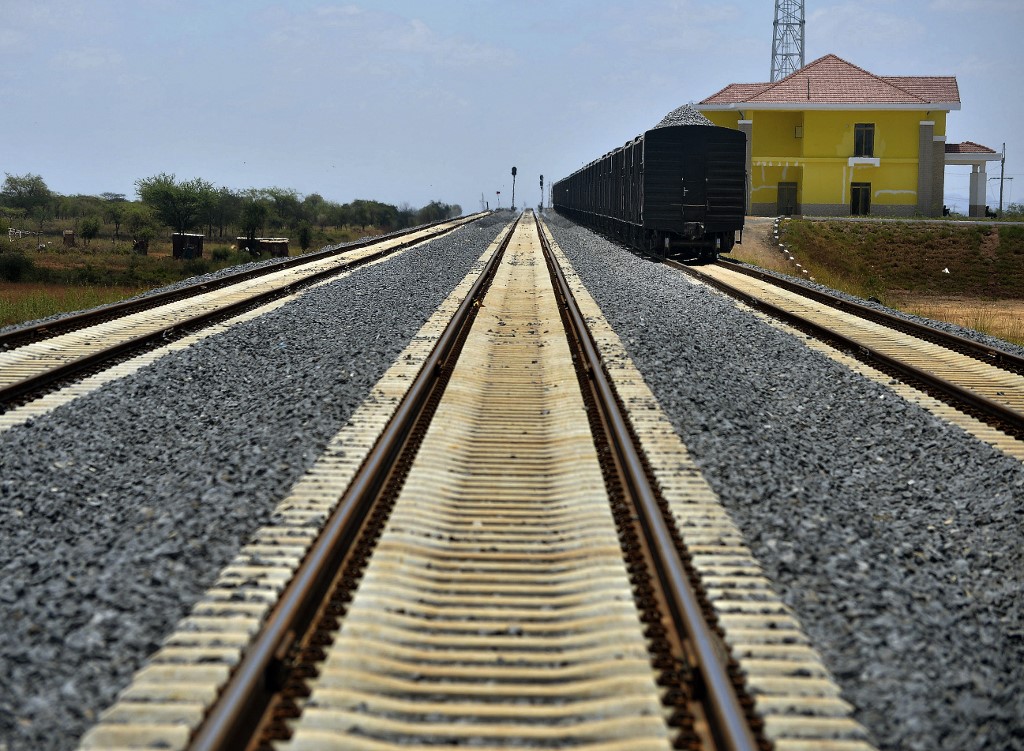
The US and China are using rail investment as part of their scramble for Africa’s mineral resources. But can passenger rail projects that boost regional integration find financial backers?
The presidents of Angola, Democratic Republic of Congo (DRC) and Zambia met in the Angolan port city of Lobito in early July to celebrate a major milestone in the revival of Africa’s rail industry. The Lobito Atlantic Railway, a consortium led by multinational trader Trafigura, has been awarded a 30-year concession to operate the line running from Lobito to Kolwezi in the DRC’s copperbelt. The consortium plans to invest $550m in the line, with the aim of bringing about a sixfold increase in freight traffic by 2035.
The railway, historically a key part of the region’s economic infrastructure, extends over 1,300km from Lobito to the DRC border, and then for another 400km to Kolwezi. Originally built in the early 20th century, the railway fell into disrepair during Angola’s civil war. A rehabilitation project undertaken by a Chinese contractor was completed in 2019.
“Our project will not only create a western route to market for goods and materials,” said Trafigura’s CEO Jeremy Weir at the ceremony, which marked the official launch of the concession. “We believe the Lobito railway will be a catalyst for growth and investment in Angola, the DRC, Zambia and the wider region.”
The primary aim is clear – the Lobito rail corridor is effectively a “pit-to-port” line, designed to make it easier for mining companies to export material.
The award of the Lobito concession is part of a broader trend towards using rail to unlock commodity exports in Africa; many outsiders see African rail through the lens of the battle to secure access to the continent’s resources.
However, rail offers other social, economic and environmental benefits. Both freight and passenger rail can strengthen trade links, improve economic competitiveness and reduce greenhouse gas emissions. The question is whether African rail projects that promote broader development, as opposed to merely facilitating commodity exports, can secure financing in an era of global economic uncertainty.
Copyright © ENTREPRENEURSHIP DEVELOPMENT INSTITUTE 2015. All rights reserved.
Powered by: C.B.N